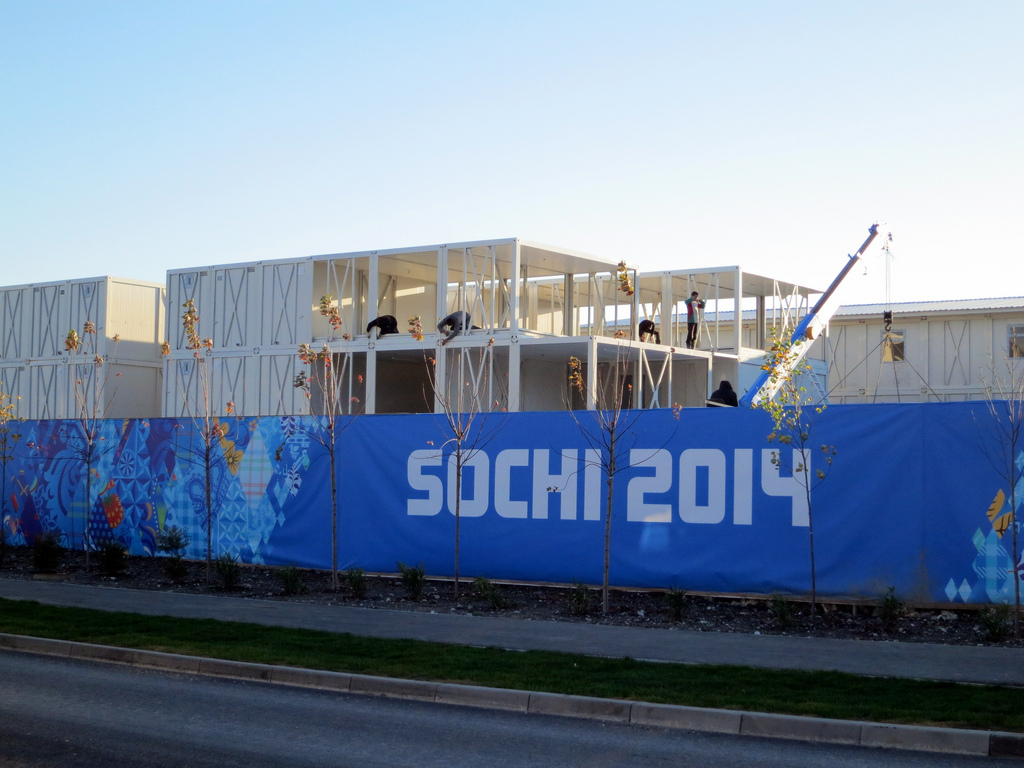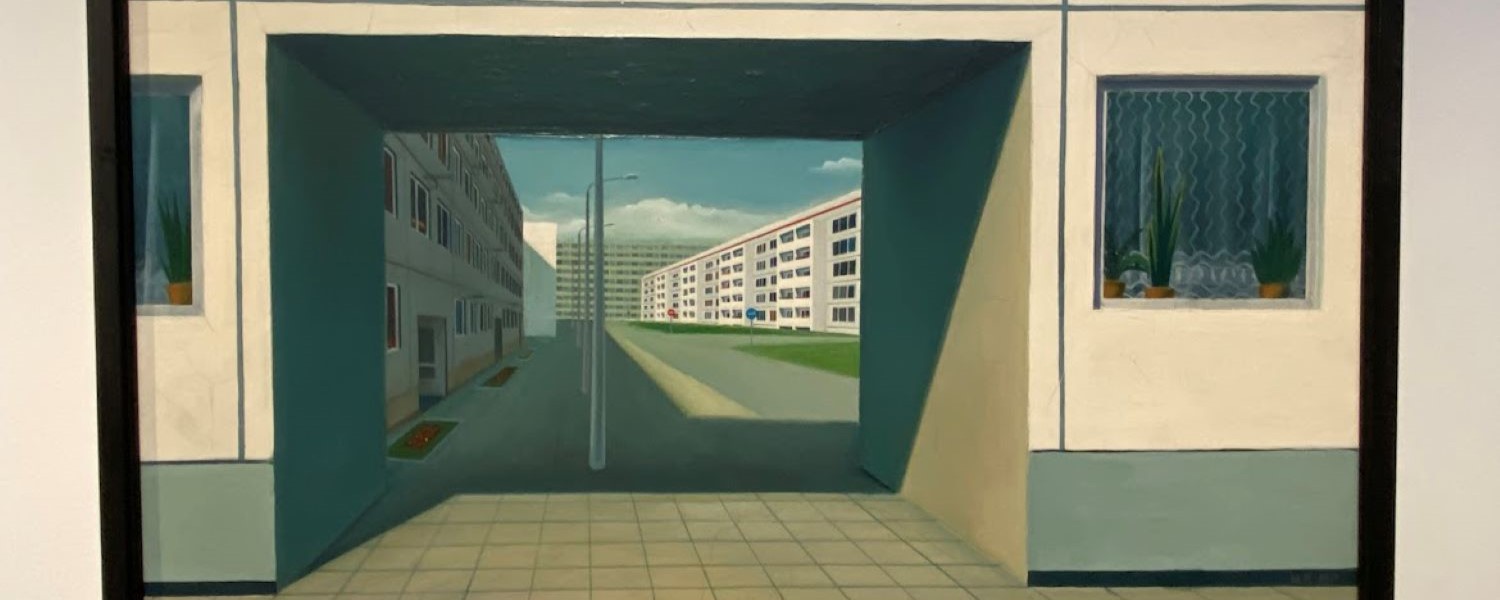by Alex Addyman
The Winter Olympics in Sochi have attracted great controversy from around the world with regards to a range of political and human rights issues as summed up well by Gevorg Mirzayan in The Telegraph:
“allegations of widespread corruption during the construction of Games facilities; the cruelty of the Russian authorities towards the population of the North Caucasus; the treatment of the lesbian, gay, bisexual and transgender (LGBT) community and a ban on gay pride parades; numerous human rights violations; and the conflicts between Russia and Europe over Ukraine and Syria”
This has led to many suggesting a boycott or a refusal to watch the games – although as Mirzayan and others have pointed out this may be counter-productive and doesn’t necessarily bring about change. But what about the people in Sochi itself? What is their reaction to the games and to the media attention surrounding their city? A recent publication by Martin Muller deposited in The Information Service looks into exactly that.
Muller’s research is based in mega-events impacts and perception theory and explores the increasing policy area of using mega-events like Olympic Games as a catalyst for economic development and urban regeneration (see also the work of Beatriz Garcia and the Institute of Cultural Capital at The University of Liverpool which is exploring the impacts of London 2012). Muller notes that local support for such events can be divisive but is crucial in their success. Negative local perception can result in local opposition and resistance. That is why community engagement and proposed regenerative and local economic development impacts are often key in achieving local buy-in.
Unlike many previous Games, Sochi had no heritage of Winter Sports, little sporting infrastructure and an under-developed transport and energy infrastructure. Therefore development to reach the standards required needed to be massive, both in terms of local impact and cost. This has resulted in significant economic development in the area which has been particularly beneficial during a recession. However environmental impacts have been negative both in terms of local ecosystems damage and pollution, and the housing market has struggled to cope with the huge influx of labour.
Around 600 local inhabitants were asked about their perception of impacts and their overall support for the Games as well as the reasons for their responses. The most positive responses came from Non-Russians and younger people and concerned the improvement of Sochi’s global image, improvements to shopping and entertainment facilities and economic growth. The negative impacts included increased traffic jams, increased cost of foods and services, increased housing costs and damage to the environment.
Although this would appear to create a balanced picture it’s worth noting that many of the positive impacts were not perceived to have an impact on the respondents themselves. Most respondents did not think the Games would benefit them personally in terms of greater employment or educational opportunities. Also unlike previous mega-event perception studies the majority of negative perceptions and support occurred well prior to the event, perhaps reflecting the massive scale of development compared to other events. Such findings have significant policy implications in the development and preparation for mega-events in the future. It will be interesting to see how the findings of similar evaluations such as the Glasgow 2014 Commonwealth Games legacy research programme compare to Sochi.
The people of Sochi have spoken and they’re not that impressed.
Related
- Is It Ethical to Watch the Sochi Olympics?
- Weird, Wonderful Sochi: Inside Russia’s Own Palm Beach
- Art & Design Skills Scotland: Design Symposium 2014 (Glasgow 2014 preparation)
Information Service articles quoted
Share
Related Posts
“Artists have embraced the street and the built environment as integral to their work and practice, individual pieces reflecting context and location as surfaces become living canvases, rehumanizing the urban landscape.” – Asli Aktu: Shaping Places Through Art “In the ....
The World Health Organisation (WHO) has estimated that over 1 billion people are living with some form of disability worldwide – that’s about 15% of the world’s total population. And, with trends in life expectancy and the prevalence of chronic ....
From everyone at The Knowledge Exchange and our parent company Idox, we’d like to wish you a very Happy Christmas, and all good wishes for 2022. The enquiries service of The Knowledge Exchange will close on 24 December, and reopen ....


